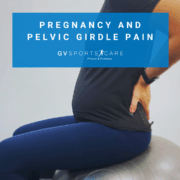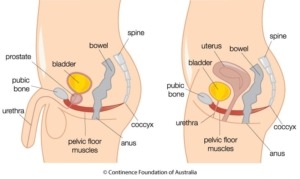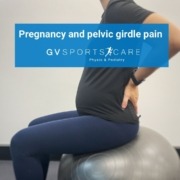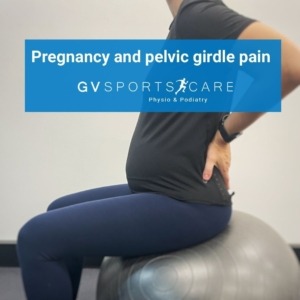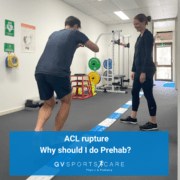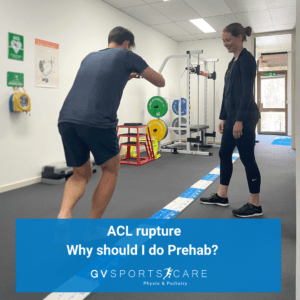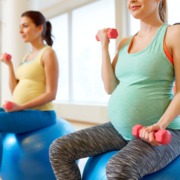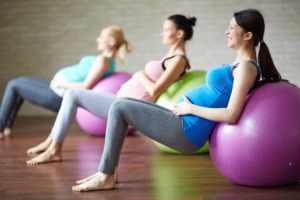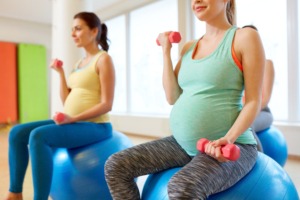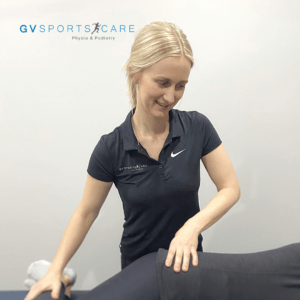Pelvic Pain in Pregnancy
Pregnancy related pelvic girdle pain is the most common musculoskeletal complaint in pregnancy and nearly half of all pregnant women will experience it at some point ![]() (Ceprnja et al., 2021).
(Ceprnja et al., 2021).
Most commonly this affects the pubic symphysis joint at the front (over your pubic bone) and the sacroiliac joints at the back of the pelvis (below the dimples in your low back). This can often be quite debilitating and make simple tasks like taking the stairs or picking up your toddler quite difficult.
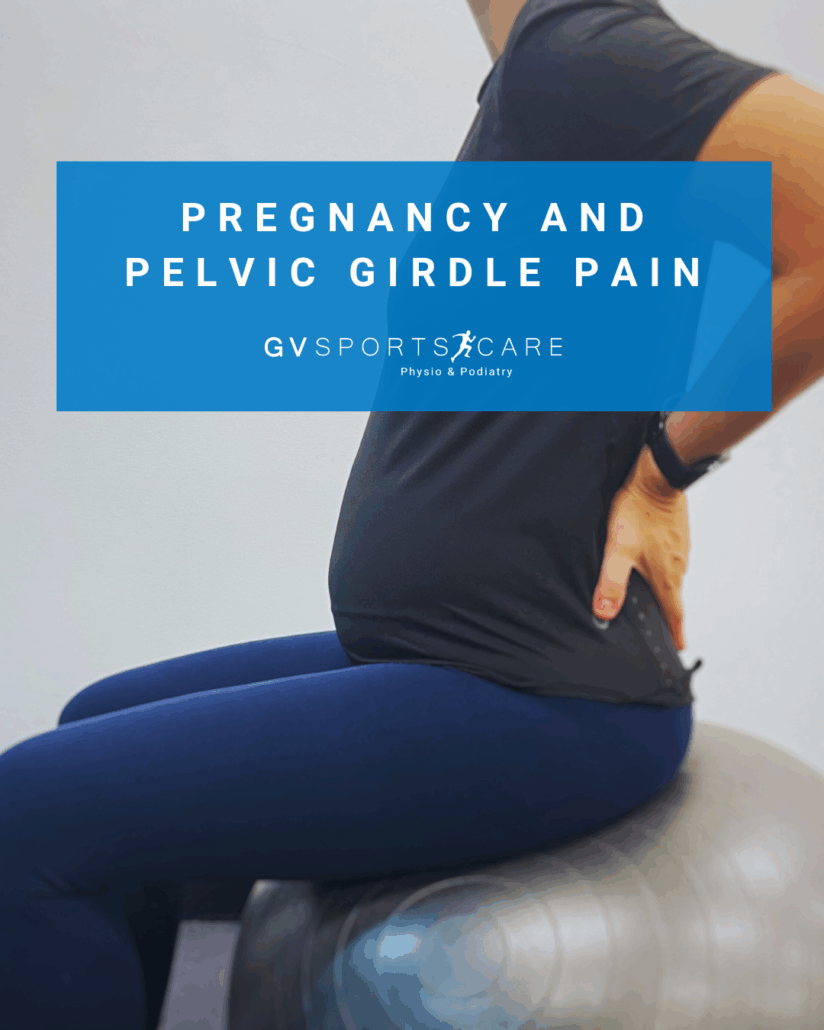
![]() Treatment can include:
Treatment can include:
* Soft tissue massage/myofascial release
* Taping
* Support garments (belts and leggings)
* Education
* Postural correction
* Footwear
* And of course, EXERCISE ![]()
![]() One of the most effective ways to manage pelvic gridle pain is via the appropriate exercise. This can be done via a home exercise program or through our Clinical Exercise classes, which is the perfect way to compliment your physiotherapy management.
One of the most effective ways to manage pelvic gridle pain is via the appropriate exercise. This can be done via a home exercise program or through our Clinical Exercise classes, which is the perfect way to compliment your physiotherapy management.
All of our physios have undergone additional Women’s Health training and are equipped to assist you with your pregnancy related aches and pains or tailor a home exercise program suitable to you 👏🏼
If you’re pregnant and experiencing pelvic girdle pain, or just want to discuss how you can keep moving well throughout your pregnancy book an appointment online via our website or 📞 58977044
#gvsportscare #shepparton #health #fitness #physio #podiatry #clinicalpilates #exercise #pelvichealth #pregnancypain #pregnancy #pelvicpain #womenshealth
Reference:
Ceprnja D, Chipchase L, Fahey P, Liamputtong P, Gupta A. Prevalence and Factors Associated with Pelvic Girdle Pain During Pregnancy in Australian Women: A Cross-Sectional Study. Spine (Phila Pa 1976). 2021 Jul 15;46(14):944-949. doi: 10.1097/BRS.0000000000003954.

